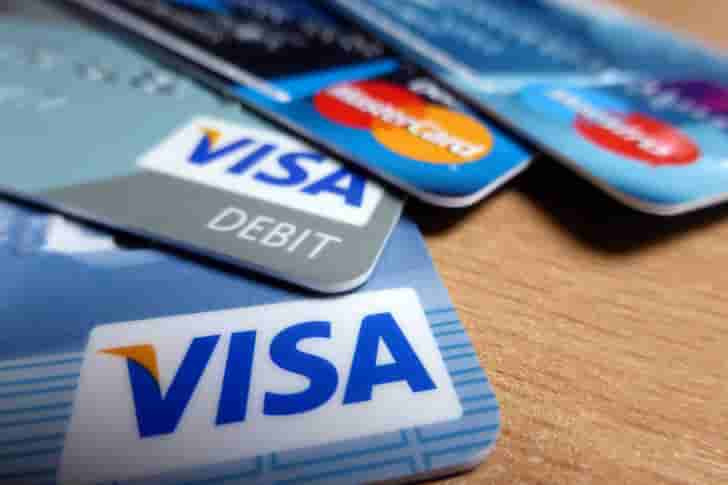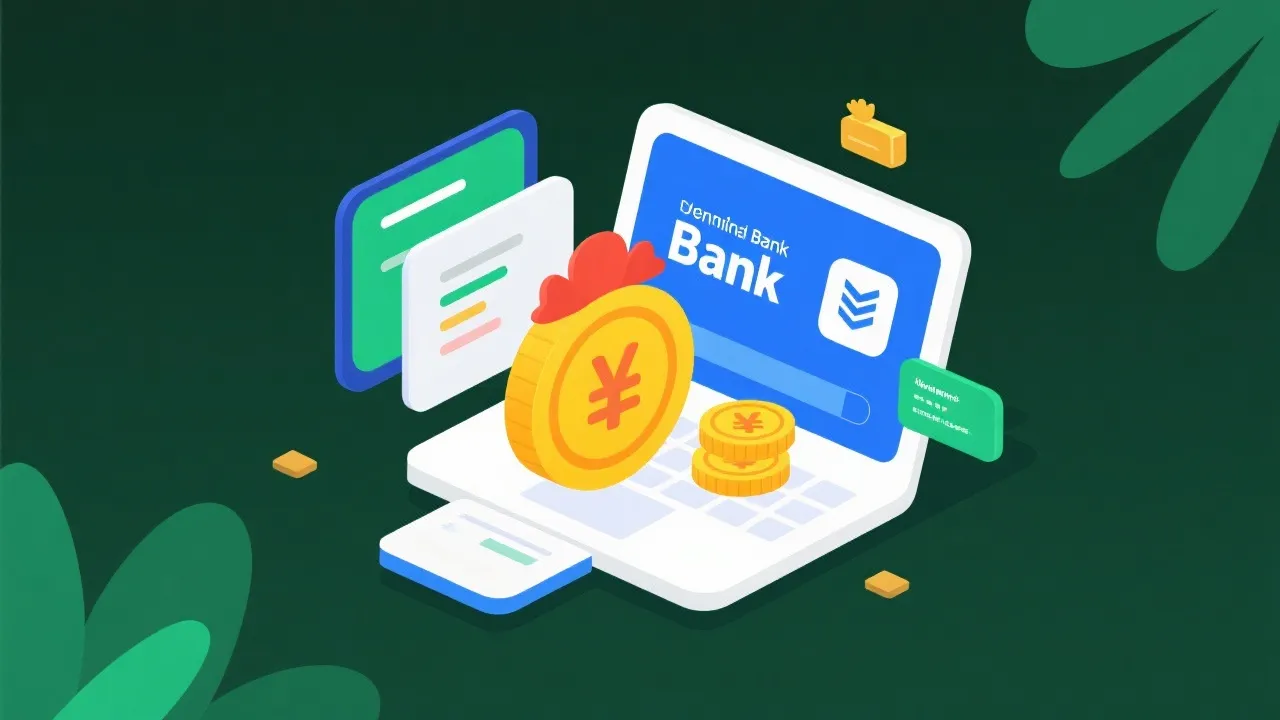A Comprehensive Guide to Credit Cards
Credit cards are financial instruments that have become integral to modern consumerism. They offer convenience, flexibility, and numerous benefits, making them a popular choice for many. However, navigating the landscape of credit cards can be complex and daunting. This comprehensive guide aims to provide an objective overview of credit cards, their types, features, benefits, risks, and best practices for responsible use.

Types of Credit Cards
There are several types of credit cards tailored to meet different consumer needs. Understanding these types can help you choose the right card for your financial situation:
- Standard Credit Cards: These are basic credit cards without frills, typically offering a fixed credit limit and interest rate.
- Rewards Credit Cards: These cards earn points, cash back, or miles for every dollar spent. They are suitable for consumers who regularly pay their balances in full.
- Travel Credit Cards: Designed for frequent travelers, these cards often provide travel-related perks, such as points redeemable for flights and hotel stays, no foreign transaction fees, and travel insurance.
- Secured Credit Cards: Ideal for building or rebuilding credit, secured cards require a cash deposit that serves as collateral and typically has a low credit limit.
- Student Credit Cards: These cards are specially designed for college students, often with lower credit limits and fewer requirements.
- Business Credit Cards: Tailored for business expenses, these cards often provide rewards for office supplies, utilities, and travel related to business.
Benefits of Credit Cards
- Convenience: Credit cards can be used for online shopping, travel bookings, and in-person transactions, eliminating the need for cash or checks.
- Building Credit History: Regular, responsible use of a credit card can help build a positive credit score, which is crucial for obtaining loans and future credit.
- Rewards Programs: Many credit cards offer rewards, such as cash back or travel points, which can result in significant savings for frequent users.
- Fraud Protection: Most credit card companies provide tools and policies to protect against unauthorized transactions, giving peace of mind to cardholders.
- Emergency Funds: A credit card can serve as a safety net for unexpected expenses, such as car repairs or medical bills.
Risks of Credit Cards
- Debt Accumulation: Failing to pay off the balance in full each month can lead to high-interest debt, which can spiral out of control.
- High-Interest Rates: Credit cards often come with significantly higher interest rates than other forms of borrowing, making it essential to understand your card’s terms.
- Fees: Many credit cards come with annual fees, late payment fees, and cash advance fees, which can diminish the benefits of using the card.
- Impact on Credit Score: Overusing credit—or maxing out limits—can negatively affect your credit score. Late payments also have a detrimental impact.
- Fraud Risk: While fraud protection exists, credit card fraud is still a prevalent issue, necessitating vigilance on the part of consumers.
Responsible Use of Credit Cards
- Pay Your Balance Monthly: Always aim to pay off your balance in full each month to avoid interest charges and maintain a good credit score.
- Monitor Your Spending: Keep track of your expenditures to stay within your budget and avoid accumulating excessive debt.
- Utilize Alerts: Many credit card issuers offer the option to set up alerts for due dates, spending limits, and potential fraudulent activity.
- Understand Terms and Conditions: Familiarize yourself with your card's interest rates, fees, and rewards programs to maximize its benefits.
- Build an Emergency Fund: While credit cards can be useful for emergencies, it’s essential to have a savings buffer to avoid relying on credit for unexpected costs.
Frequently Asked Questions (FAQs)
Q: How can I improve my credit score using a credit card?
A: Make on-time payments, keep your credit utilization ratio below 30%, and maintain a low balance compared to your credit limit.
Q: What should I do if I can’t pay my credit card bill?
A: Contact your credit card issuer to discuss your situation. They may offer hardship programs or payment plans.
Q: Is it better to use a credit card or a debit card?
A: It depends on your financial goals. Credit cards can help build credit and offer rewards, whereas debit cards withdraw directly from your bank account.
Q: Can I have multiple credit cards?
A: Yes, but managing multiple cards requires discipline. It's crucial to ensure you can pay off the balances each month to avoid debt.
Conclusion
Credit cards can be powerful tools for managing finances, building credit, and enjoying various rewards. However, they also come with risks that can be detrimental if not properly managed. By understanding the different types of credit cards, their benefits, and the importance of responsible use, consumers can make informed decisions that align with their financial goals.
For further knowledge about credit cards, you may refer to the following resources:
National Foundation for Credit Counseling
The Consumer Financial Protection Bureau
By arming yourself with the right information, you can navigate the world of credit cards with confidence and prudence.
-

A Guide to Cost-Efficient Small Electric Cars for Seniors
-

Mastering Debt Consolidation: Boost Your Credit Score and Manage Interest Rates
-

Your Guide to Loans, Credit Checks, and Interest Rates
-

Affordable Independent Living: Finding the Right Senior Housing
-

Guide to Senior Living Apartments: Affordable and Comfortable Environments








